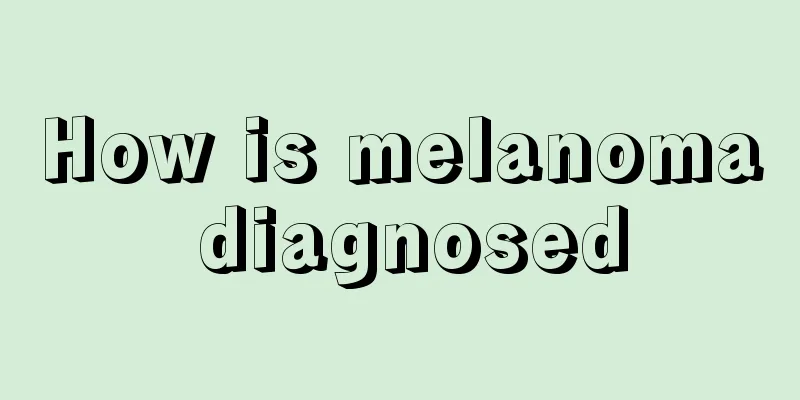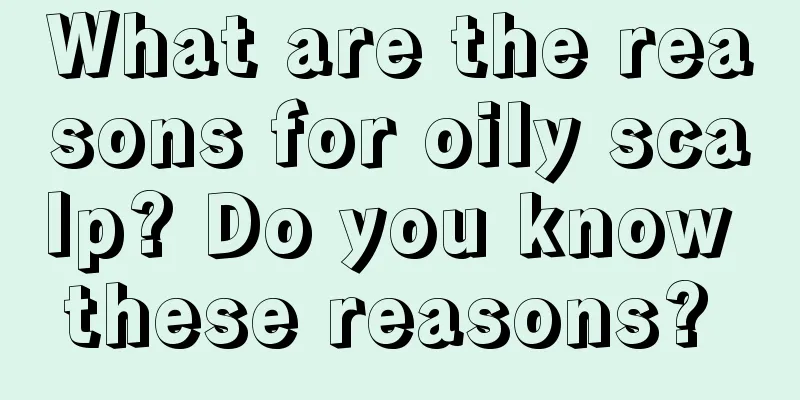Is it good to eat fish when you have a wind-heat cold

|
Fish is not only delicious, but also has high nutritional value. Its protein content is twice that of pork, and it is high-quality protein with a high absorption rate by the human body. Vitamin D and calcium in fish can effectively prevent osteoporosis. It should be noted that, but did you know that there are 6 types of people who cannot eat fish. Then let’s take a look at the editor’s summary of why people with the following diseases should not eat too much fish. Fish is rich in thiamine, riboflavin, niacin, vitamin D and a certain amount of minerals such as calcium, phosphorus, and iron. Although fish meat has a low fat content, the fatty acids in it have been shown to have blood sugar-lowering, heart-protecting and cancer-preventing effects. 1. People who take certain medications People who take cough medicine should not eat fish, especially deep-sea fish, so as not to cause an allergic reaction to histamine, which may lead to uncomfortable symptoms such as skin flushing, conjunctival congestion, dizziness, rapid heartbeat, urticaria, etc. Many deep-sea fish contain histamine. Once the histamine level in the human body exceeds the standard, the substance will enter the human blood circulation and cause a histamine allergic reaction. The reason why you don't experience the above-mentioned discomfort symptoms when eating deep-sea fish is because there is a substance in the human stomach and liver that inhibits the activity of histamine - monoamine oxidase, which prevents histamine from entering the blood. However, some cough medicines contain monoamine oxidase inhibitors, which will inhibit the secretion of monoamine oxidase in the human stomach and liver. Eating deep-sea fish at this time can easily cause histamine to accumulate rapidly in the body. In addition to cough suppressants, there are other drugs that can inhibit monoamine oxidase. Antibacterial drugs, such as furazolidone (such as furazolidone, etc.), ketoconazole, griseofulvin; antihypertensive drugs such as pargyline; selegiline for the treatment of Parkinson's disease; antidepressants such as moclobemide; anti-tumor drugs such as procarbazine, etc. There are also drugs in traditional Chinese medicine that can inhibit the action of monoamine oxidase, such as deer antler, hawthorn, Polygonum multiflorum, etc. 2. Patients with liver cirrhosis When the liver is cirrhotic, it is difficult for the body to produce coagulation factors, and the platelet count is low, which can easily cause bleeding. If you eat sardines, herring, tuna and other fish rich in 20-carbon 5-enoic acid, the condition will deteriorate sharply, just like adding insult to injury. 3. Pregnant women Pregnant women should not eat marine fish frequently. Frequent consumption of seafood will lead to excessive intake of methylmercury. The higher the amount of mercury the fetus is exposed to in the womb, the greater the risk of slight delays in the development of other functions of the child, such as attention, memory, and language skills. Scientists also warn that even if the mother does not consume much mercury, the brain development of her fetus may be delayed. For this reason, pregnant and breastfeeding women should eat less seafood, no more than 1 to 2 times a week, less than 100 grams each time, and avoid eating tuna, swordfish and other marine fish with high mercury content. They can choose to eat pond-raised fish that are not contaminated by mercury. 4. Patients with bleeding disorders Patients with bleeding diseases such as thrombocytopenia, hemophilia, and vitamin K deficiency should eat less or no fish, because the eicosapentaenoic acid (EPA) contained in fish can inhibit platelet aggregation, thereby aggravating the bleeding symptoms of patients with bleeding diseases. 5. Tuberculosis patients If you eat certain fish while taking isoniazid, you are likely to have an allergic reaction. Mild symptoms include nausea, headache, skin flushing, conjunctival congestion, etc. Severe cases include palpitations, numbness and swelling of the lips and face, rash, diarrhea, abdominal pain, difficulty breathing, high blood pressure, and even hypertensive crisis and cerebral hemorrhage. 6. Gout patients Because fish contain purine substances, and gout is caused by a disorder in purine metabolism in the human body. Finally, the editor reminds you that among all fishy foods, silver carp, hairtail and other fish are most likely to aggravate cough symptoms, so patients should pay special attention to avoid eating these two types of fish. Some children with cough will have their cough aggravated after eating fish, which is related to the fishy smell irritating the respiratory tract and the allergy to the protein in fish and shrimp foods. Children who are allergic to certain fish or eggs should be especially careful to avoid these foods. |
<<: How to wash spicy crayfish?
>>: What kind of shoes are good for mountain climbing
Recommend
Long-term use of sodium nitrite
Sodium nitrite, I believe many people don’t know ...
Does smoking cause prostate cancer recurrence?
Smoking is a risk factor for many tumors, but it ...
Postoperative gastrointestinal decompression nursing for patients with esophageal cancer
After surgery, patients with esophageal cancer ne...
Is cod liver oil a calcium supplement?
Cod liver oil is a common health food in daily li...
Treatment of colon cancer in the elderly
The occurrence of colon cancer is closely related...
Kidney cancer is also classified and appropriate treatment should be selected
Experts point out that the incidence of kidney di...
What is the recurrence rate after liver cancer surgery? Pay attention to these points
Liver cancer is now a common and extremely danger...
What is the specific diagnosis method for lung cancer
There are 11 diagnostic methods for lung cancer, ...
How can we speed up our metabolism?
Our human body is undergoing metabolism every day...
Prostate cancer survival time
Prostate cancer also has the highest survival rat...
How long will it take for the yellow liquid to disappear after medical abortion?
As we all know, after a miscarriage, a woman'...
Complications after bladder cancer surgery
Complications after bladder cancer surgery? Bladd...
What's the matter with biting cheeks all the time_What's the matter with biting cheeks all the time
Normally, people tend to bite their tongues when ...
What happens if you put salt in hot oil
In fact, you can also pay attention to some small...
How to avoid acne?
Acne has always been a skin problem that troubles...









